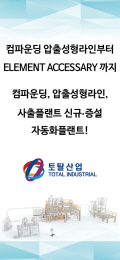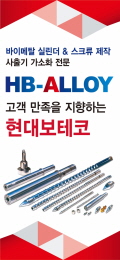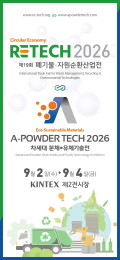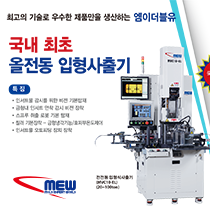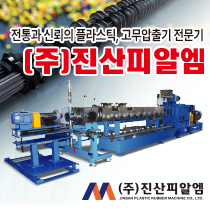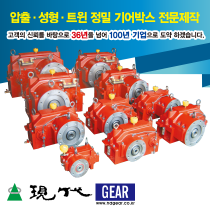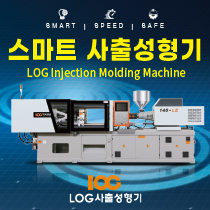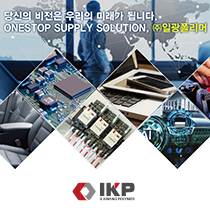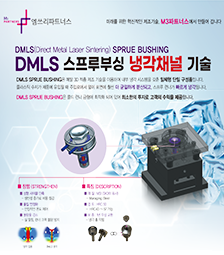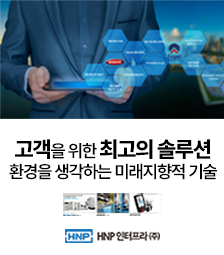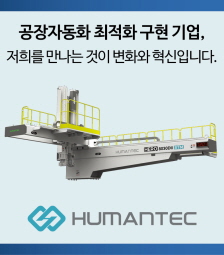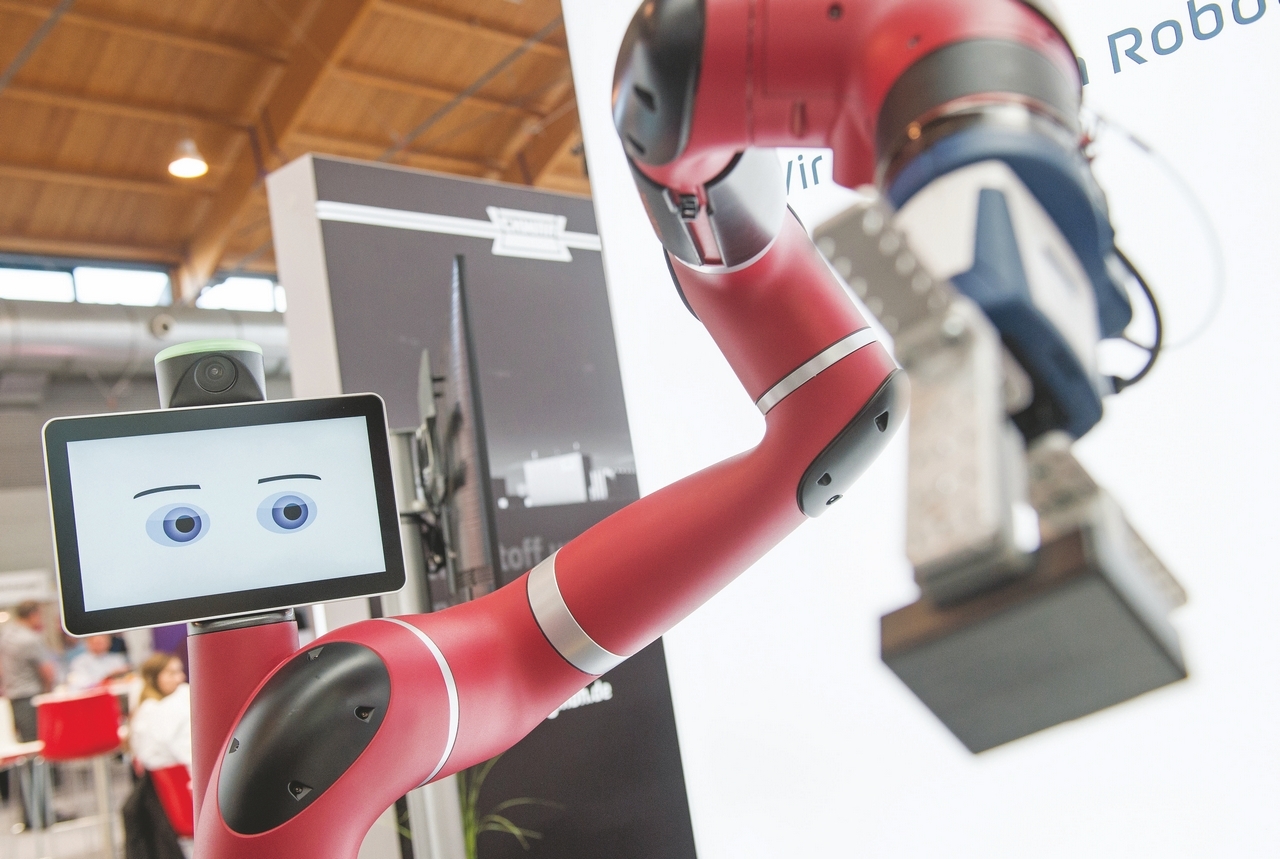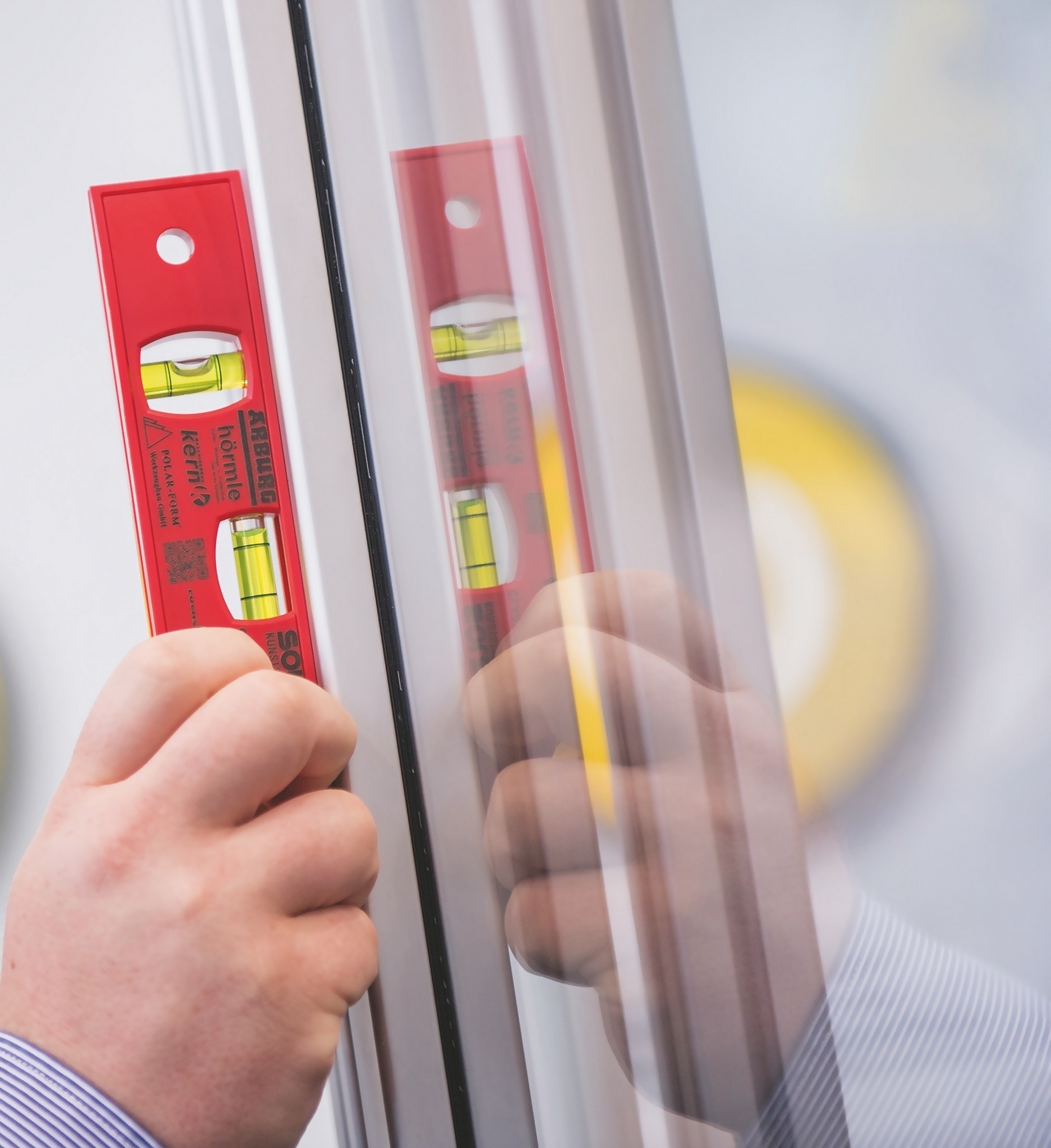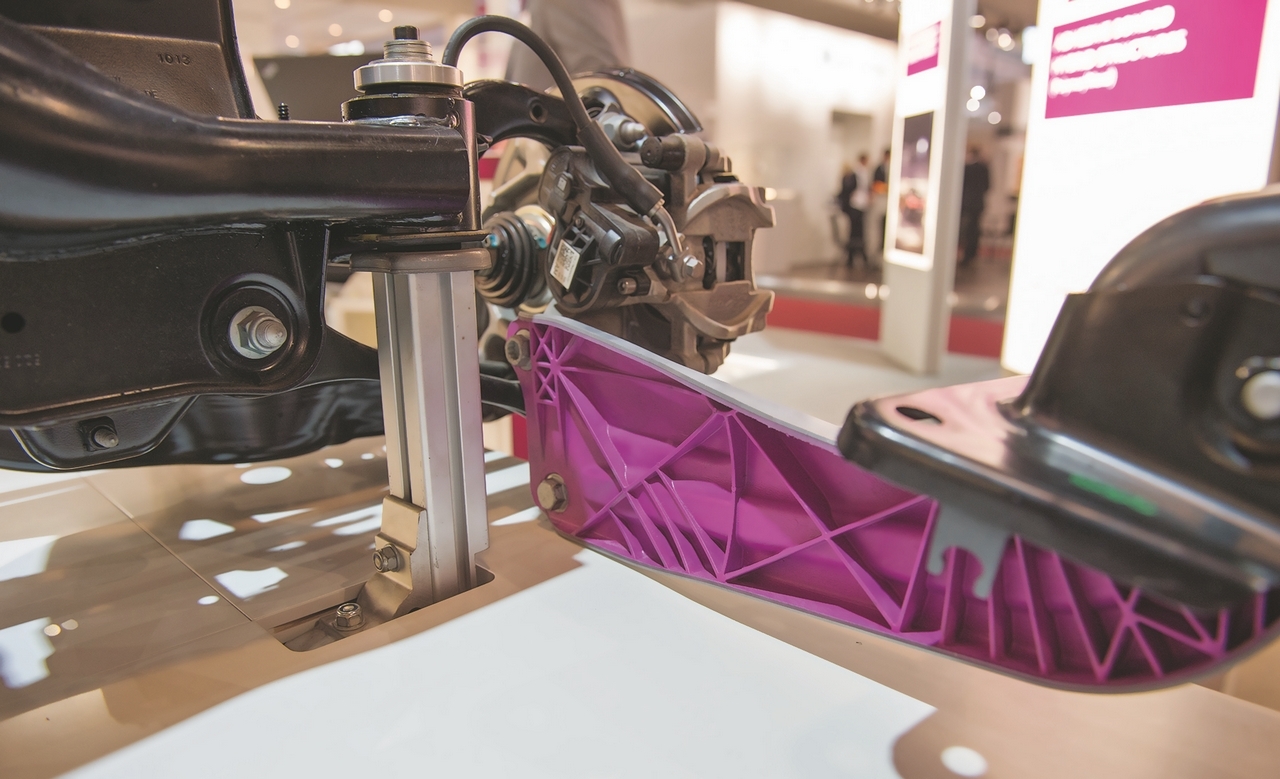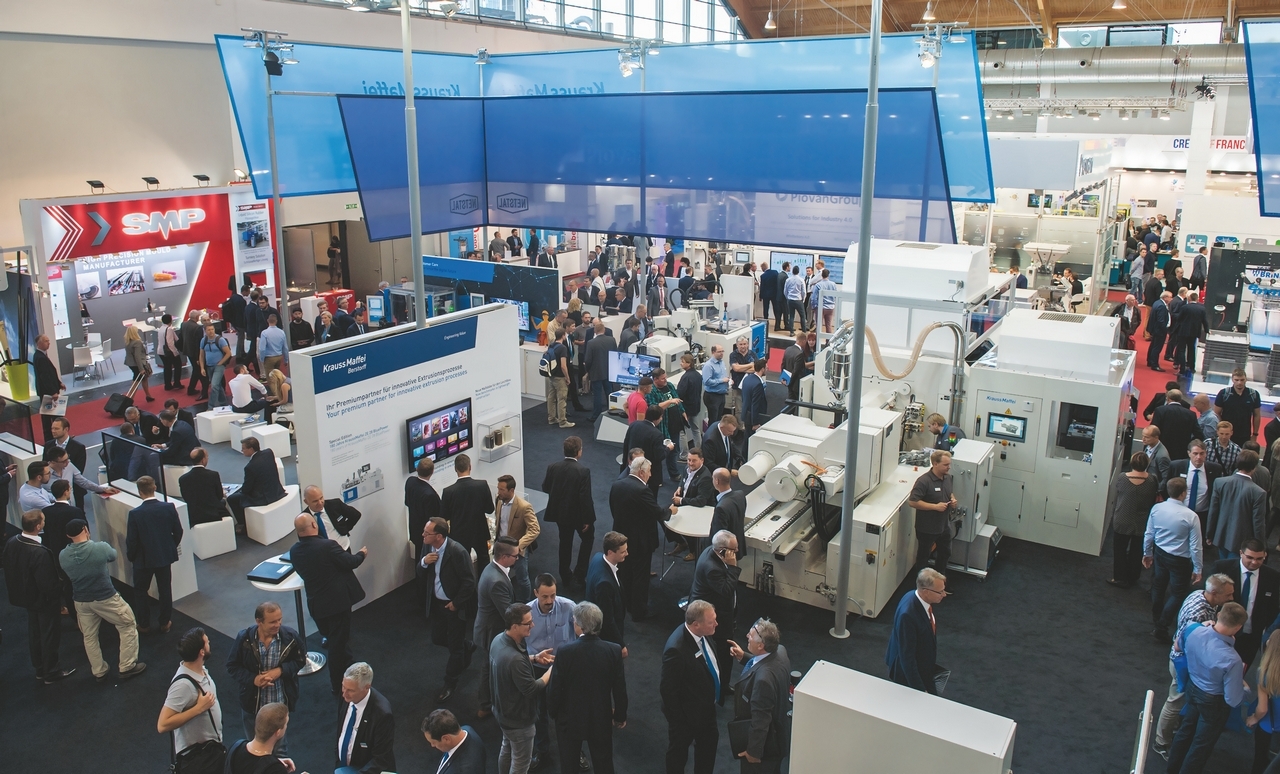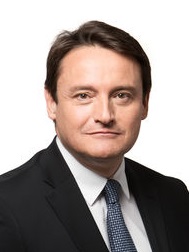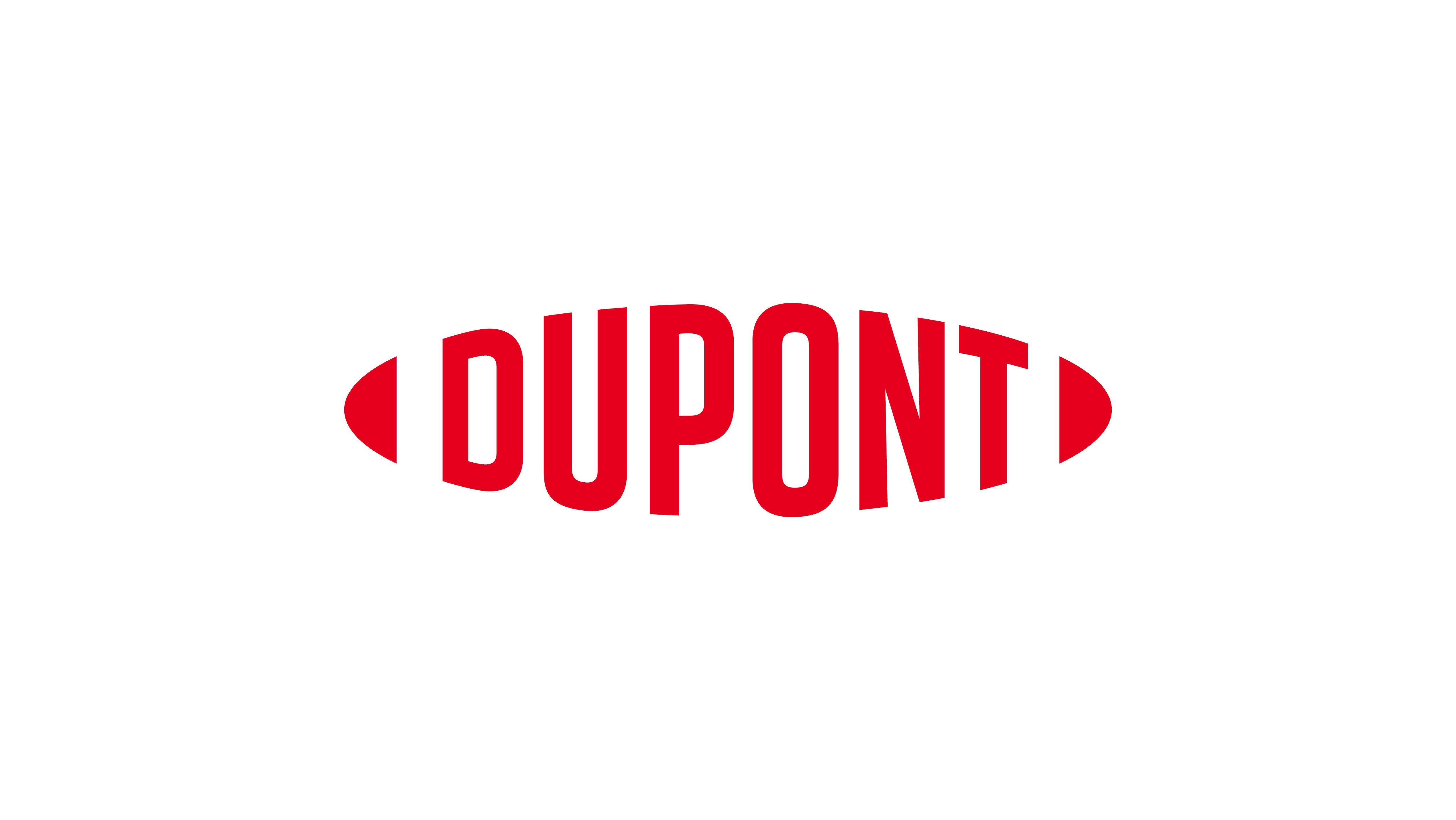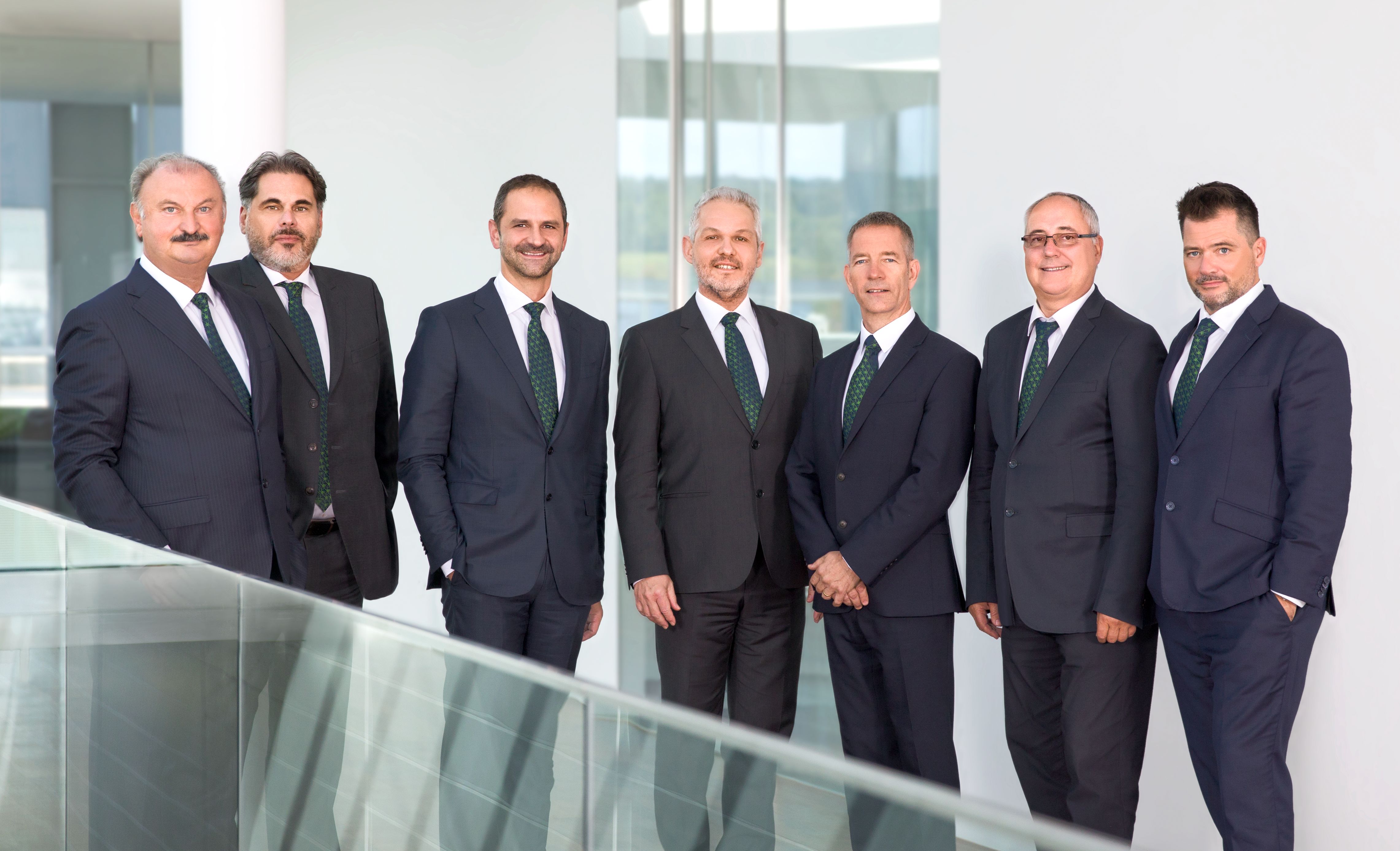- Eric Pierrejean and Adeline Larroque Join the CompanyEric Piereejean(Left picture), who joined the company in January, has been appointed Chief Executive Officer, succeeding to Mrs. Frédérique Mutel. He will be in charge of the further development of the company after two decades of growth under Mrs. Mutel leadership, dedicated to the development and the promotion of the composite materials industry.Before joining JEC Group, Eric Pierrejean was Division General Manager at Comexposium from 2011 to 2017. Prior to this, he spent much of his career in sales and marketing positions, spending more than 15 years in the automotive sector (BMW Group, Land Rover) as well as in the sports goods industry (Nike).Adeline Larroque(Right picture) joins JEC Group as Show Director JEC World and EMEA Events with more than 15 years of Global work experience as she has worked in several countries such as USA, UK, China, India, Qatar and UAE where she has developed a strong skill set in exhibitions and events management.After a experience at Reed Exhibitions France and China managing numerous exhibitions in the Aerospace, Material, Security, Maritime, Logistics, Construction and Medical industries, she then worked for Qatar Tourism Authority as Head of Exhibitions driving growth for the Doha Jewellery Show, Qatar Motor Show and Women Fashion exhibitions. Lately, she worked for the Events division of the Daily Mail Group supervising the Abu Dhabi International Petroleum Exhibition and Conference as Event Director.Source: Kunststoffe international.com
Aeyoung Park
2018-10-16

